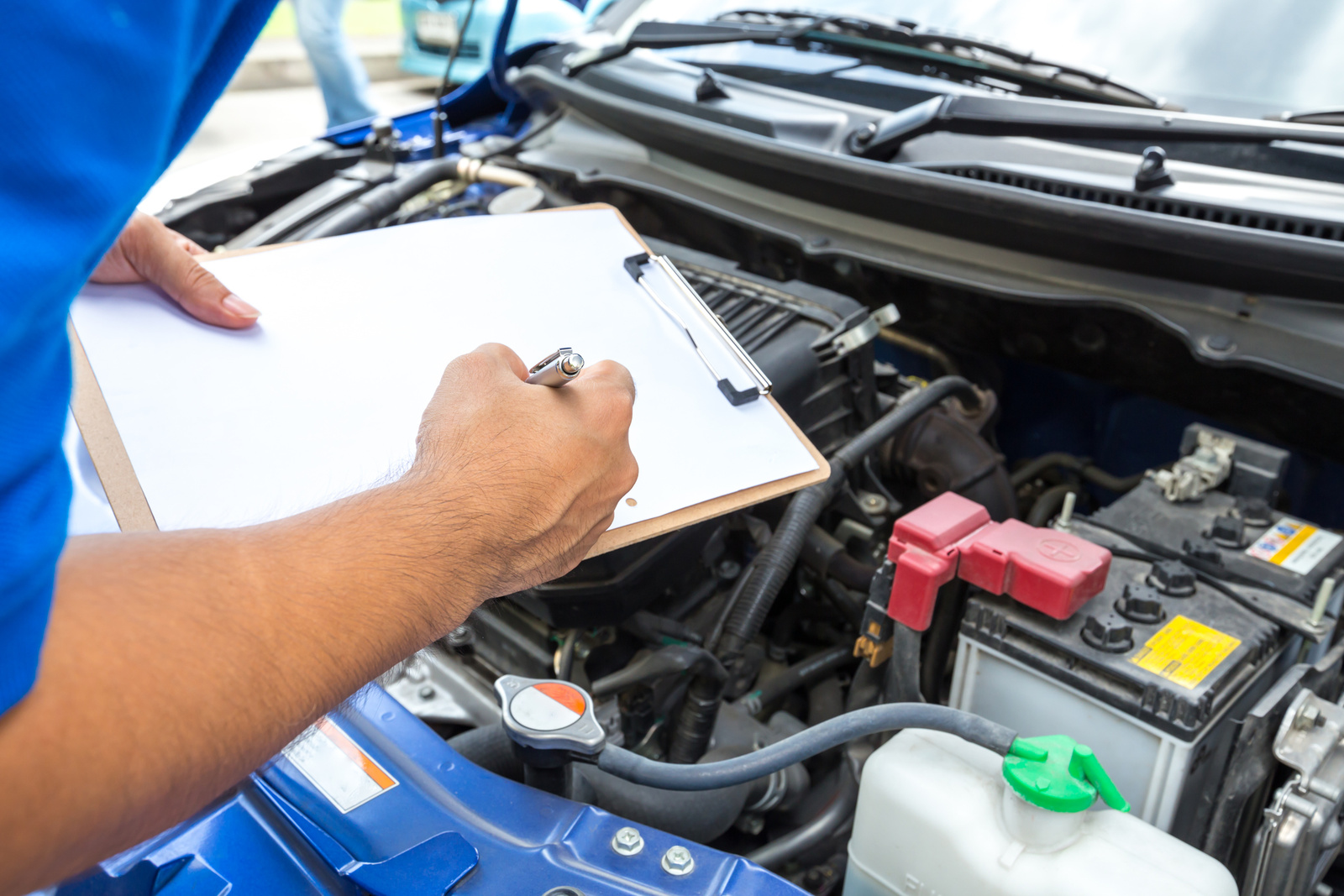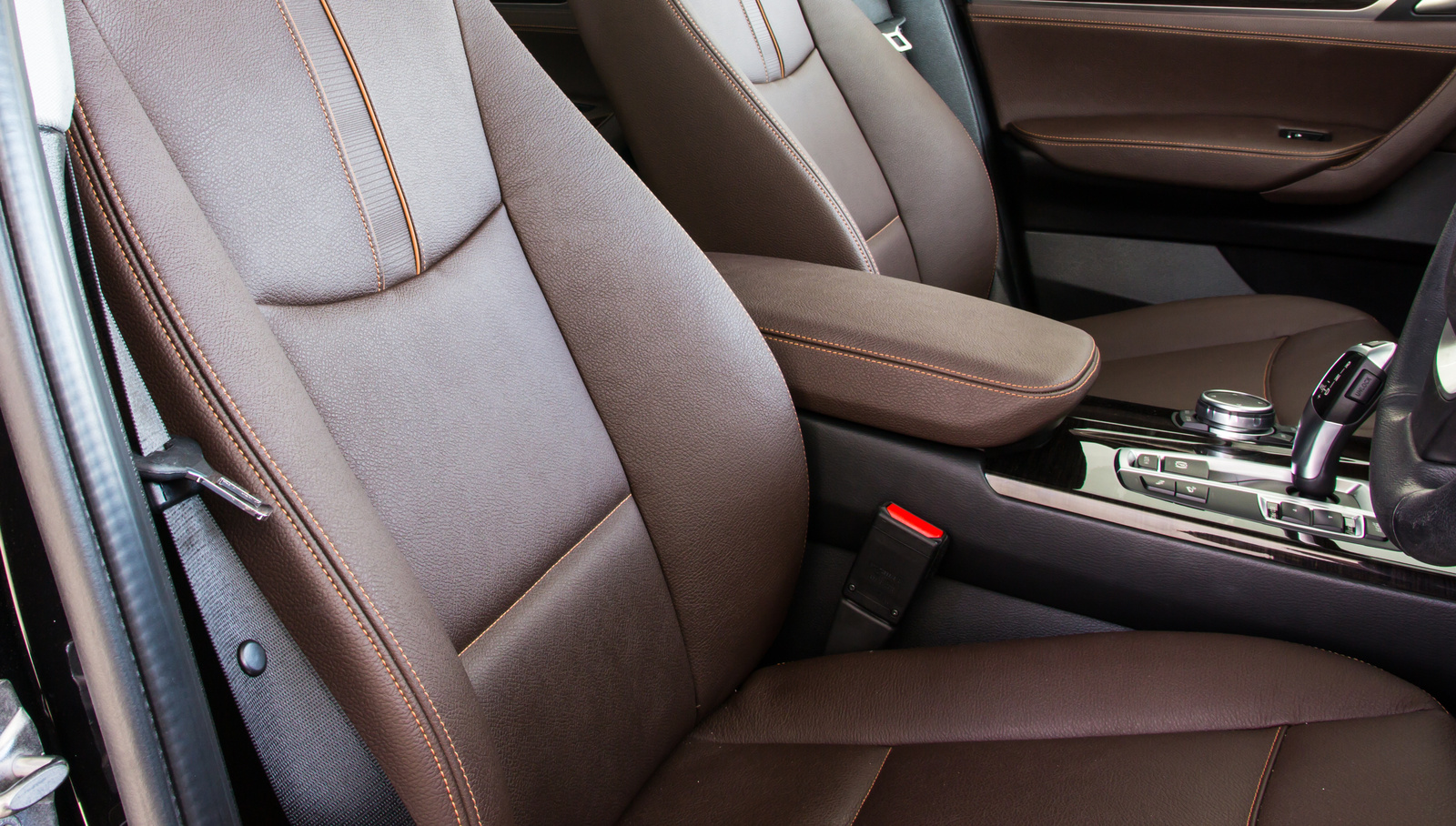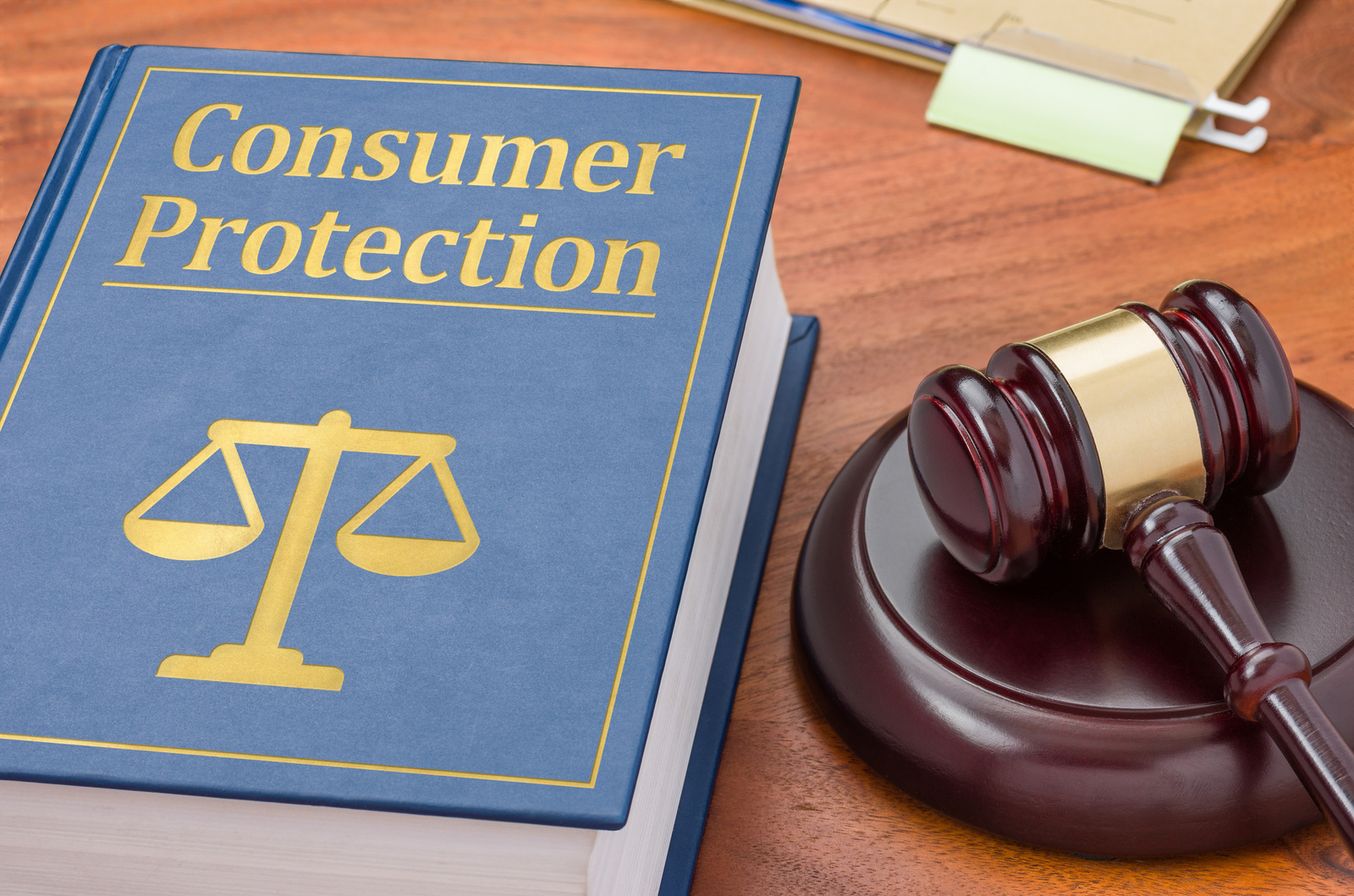You've probably heard the phrase "caveat emptor." In Latin, this means "Let the buyer beware," but when it comes to purchasing a used car, a more appropriate phrase may be "Let the buyer prepare." (Google Translate is surprisingly unhelpful with the Latin translation for this.)
Fortunately, you don't need to know Latin to avoid buying a lemon—and you don't necessarily need to be a car expert, either. Though there's more to car buying than just looking for low mileage, a lot of used-car shopping just requires you to pair your common sense with your other senses: If a vehicle looks, sounds, feels, or yes, smells bad, it's not a good sign.
The trick is telling minor faults from major ones. You'll want to use the former to negotiate the price you pay, while the latter will tell you when to walk away. Both are important to the buying process. You can tell which is which by learning just a few things, including different options that can protect you and your purchase if you're not entirely sure whether to buy a specific used vehicle or not.
What to Look for When Buying a Used Car
Inspect the Exterior
Inspect the Interior
Go for a Test Drive
Factors to Consider When Shopping for a Car
Protect Yourself
Inspect the Exterior
Paint Condition
On the body of the car, look for any dents or scratches. On their own, these are more eyesores than huge problems, but they may be indicative of more serious trauma the car has suffered—like an accident. Pay attention to any visible rust or corrosion. A small spot here or there may be okay, but large patches should be a deal-breaker.
Body Condition
On flat ground, check for frame damage by looking down at the car to make sure its doors, fenders, and lines are even. Check the vehicle's trunk and all the doors. Make sure they not only work correctly but also that they display no signs of rust. Does a musty smell hit you when you open any of them? If so, this could be a sign of water damage.
Tires
For the tires, check that they're the same brand and are worn equally. You can identify a "feathered" tire (one with uneven tread) by looking at or feeling one of its sides to see if the tread is much more pronounced. This is a sign of misalignment, which is typically an inexpensive fix.
Lights and Lenses
Make sure all exterior lights work and the lenses aren’t cracked or fogged. Cracked lenses could require replacement of the entire headlight or tail light unit. Various restoration kits for fogged headlights are available, but they’re not a guaranteed remedy.
Windows and Windshield
All glass should be free of scratches and cracks. Check to see that the windows wind up and down properly, and that the rear defroster or heated windshield (if equipped) work.
Inspect the Interior
Upholstery and Seats
Look for obvious signs of wear and tear, such as rips in the upholstery or stains. Make sure all seat adjustments work properly.
Dashboard and Controls
Inspect the dashboard itself for cracks or warping. Test all of the switches and buttons to make sure everything works. If the car has air conditioning, turn it on. Take a look at the odometer and verify that the readout matches the mileage listed by the seller, and check for any warning lights.
Carpet and Floor Mats
As with the seats, check for obvious wear such as rips or stains. Floor mats can be easily replaced, but replacing carpet can be a big job. Check for moisture on the floor as well, as this could indicate leaks caused by body corrosion or flood damage.
Smells and Sounds
Any used car inspection should be more than just visual. Whether it’s baked-in cigarette smoke or mildew, bad smells can be hard to eradicate or cover up. It’s also important to check for squeaks and rattles, which are not only annoying, but could point to other issues like broken components somewhere in the dashboard.
Go for a Test Drive
If the car's exterior and interior seem to be in good condition, you're finally ready for the fun part: driving it. Of course, that doesn't mean your evaluation should stop here. Rather, you need to focus on all aspects of your driving experience to see if this is the right car for you.
When you turn the key, how long does the car take to start up? Does the car start making any odd noises or shaking? Those are clear warning signs. Try to put the car through a stress test of sorts. If possible, drive it on flat ground, hills, and different types of roads. Vary your speed as well, and pay close attention to any feedback from the steering wheel. You'll want to get a sense of how the car handles all of these different environments.
Once you finish your personal inspection, write down everything you've noticed that seems questionable to you. Having a friend with you to document all this can help as well. These are all the things you'll want to mention to your mechanic when you bring it in for an inspection.
Factors to Consider When Shopping for a Car
Vehicle Mileage
Mileage is one of the biggest determining factors in a used car’s price. Higher-mileage used cars are generally less expensive than low-mileage cars. That’s because high mileage means more wear and tear, and more maintenance needs.
Cars still need to be driven regularly though. A car that’s been driven infrequently could hide its own issues, particularly rubber parts like hoses and gaskets that have dried out and become brittle. Good mileage will be somewhere in between these extremes.
Length of Ownership
Multiple owners over a short period of time could be a red flag, as it could point to problems with the car in question that have caused owners to bail. That doesn’t mean a single-owner car will automatically be in better condition, however. It only takes one neglectful owner to ruin a car.
Market Value
A car’s market value will determine its price. This can be found in guides like Kelley Blue Book, and is based on a combination of the vehicle’s mileage, condition, and other factors. A fair price won’t be over market value.
Protect Yourself
Consumer Protection Rights
Many people have heard of so-called "lemon laws" that entitle consumers to a refund or replacement if they buy a damaged or defective item. And while this sounds nice, a lemon law doesn't replace doing a little research before committing to a major purchase. This is especially true with used cars.
Despite dud cars and "lemon" often being synonymous, lemon laws do not apply only to new car sales—and they often don't apply to used-car sales at all. What the Magnuson-Moss Warranty Act (the official name of the federal lemon law) does require is that retailers' written warranties be in a single, clear, and easy-to-read document. It does not require retailers to offer written warranties, though.
If your new vehicle comes with a written certified pre-owned (CPO) warranty or extended warranty, then this federal law will likely cover it. If not, you'll have to rely on any laws your state has to protect you. Six states currently have used-car lemon laws, and an additional few offer different consumer protections for used-car buyers—against deceptive sales practices, for instance. However, only true used-car lemon laws will net you a refund or replacement. You can look up your state's laws here.
Check which types of used-car purchases your state's laws include. Some laws are applied to dealership sales but not those made by private sellers. If they include both, the protections may vary. For instance, Massachusetts used-car dealers must provide a warranty for up to 90 days and 3,750 miles. For private sales, buyers must prove sellers knew about a car's defect before selling them the vehicle in order to receive a refund. Proving this could be tough—and may influence your decision on where to buy your used car.

Pre-Purchase Vehicle Inspection & Vehicle History Reports
Hire an independent mechanic to conduct a pre-purchase inspection—it's one of the best investments you can make in your car shopping. Dealerships may use their own in-house technicians to ensure cars are in running order before selling them. After all, they probably don't look forward to dealing with warranty issues and unhappy customers, either.
However, an in-house mechanic's inspection criteria may be very different—and not nearly as thorough—as what you'd get via an independent third party. Try to use a mechanic you know (perhaps the one you've used for your current vehicle). If you don't have such a person, though, you can easily get an inspection from most repair shops. Call around to price this service, and ask if the shop offers any kind of warranty with its inspection.
If the salesperson won't let you take the car for an inspection, that may be a red flag. See if they'll let you do this if they accompany you to the repair shop. Alternatively, you can ask if they'll let you bring a mobile inspection service to their location. If they push back against all your efforts to get your own independent inspection, you should move along to another seller.
Another great option to protect yourself is getting a vehicle history report from providers like Carfax. Using the vehicle identification number (VIN), these reports offer records of a car's title, number of previous owners, and any accidents it's been in, among other information. Most major car dealerships provide a vehicle history report for free with used cars, but if you're buying from a private party or working with a dealer that doesn't offer this service, you can also purchase one on your own for less than $100.
Don’t Feel Rushed
As we’ve pointed out here, there’s a lot to look for when shopping for a used car. So it’s important to take your time, be thorough, and not rush into a decision. Patience will help you avoid a lemon and find the best pre-owned car.
Related Topics
5 Things to Do When Test-Driving a Used Car
Why Every Used-Car Shopper Should Check Vehicle History Reports
The Truth About Trade-Ins




